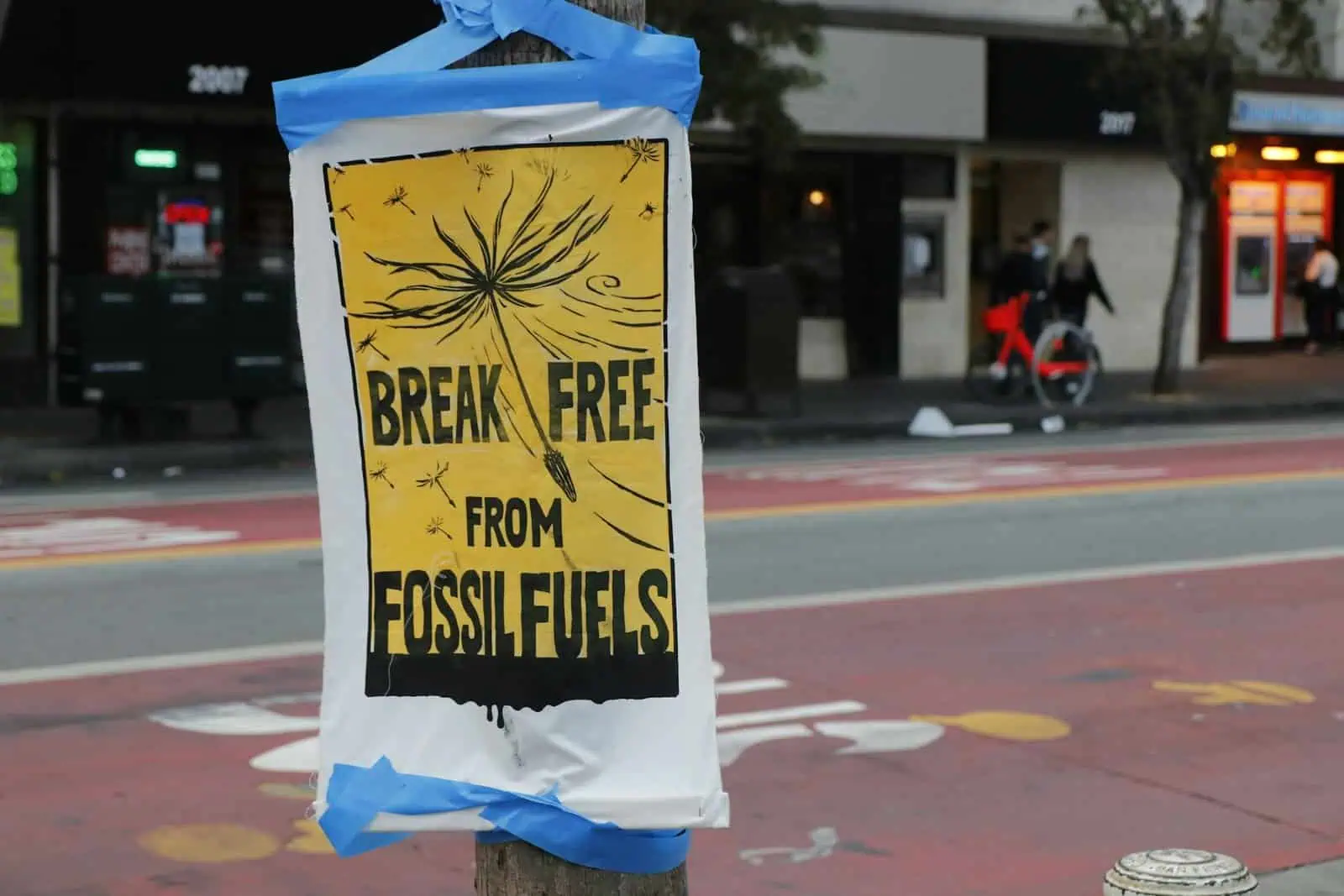We all want to reduce our environmental footprint, and for many, that means using eco-friendly trash bags. With claims about being durable, compostable, and beneficial for the environment, it’s no wonder biodegradable bags are getting popular. But are they really as effective as they claim to be, or just a clever way to sell more? Let’s break it down and see if biodegradable bags are worth the switch.
Why So Much Buzz Around Biodegradable Trash Bags?
As more people look for sustainable products, companies are stepping up with new options like biodegradable trash bags. The goal? To offer a better alternative to regular plastic bags that take ages to break down in landfills. But the real question is: Do these bags actually help the environment, or just make us feel better about our choices? Let’s dig a little deeper to find out what impact biodegradable options actually have.
Eco-Friendly or Just Feel-Good?
In theory, biodegradable trash bags reduce waste’s environmental impact. But it’s not as simple as buying something labeled “biodegradable.” With so many products claiming to be “good for the planet,” we need to ask: Are they actually reducing harm or just creating a feel-good option that doesn’t do much?
What Does “Biodegradable” Really Mean?
“Biodegradable” suggests something will naturally break down over time, ideally without leaving harmful residue. But here’s the catch: the breakdown process depends on specific conditions. For example, many of these bags need controlled environments—like industrial composting with high temperatures and humidity—to decompose effectively. Without these conditions, they might sit in landfills just as long as regular plastic bags, which defeats the purpose.
The Environmental Reality of Biodegradable vs. Traditional Plastics
A big misconception about biodegradable bags is that they’ll just dissolve on their own in any environment. Traditional plastics can take hundreds of years to break down, releasing toxins along the way. Biodegradable bags, usually made from materials like cornstarch or enhanced polymers, are supposed to break down faster. But in a landfill, where there’s limited oxygen and sunlight, even these bags struggle to break down as promised. So, are they really better?
Common Myths About Biodegradable Trash Bags
Let’s clear up some popular myths and get the facts straight.
Myth 1: They Break Down Anywhere
Biodegradable bags need specific conditions to decompose properly. In a home compost or industrial facility, they do better. But in a landfill, where they’re sealed off from air and moisture, these bags often don’t break down any faster than regular plastic.
Myth 2: They Aren’t Sturdy Enough for Daily Use
Some people think biodegradable bags are too weak for regular trash. But with new materials, many of these bags can hold up to household waste just as well as traditional plastic, making them a practical choice for everyday use.
Myth 3: They’re Only Useful for Composting
While biodegradable bags are great for composting, they’re versatile enough for general trash, too. They handle both food and non-compostable waste, making them a solid choice for those aiming for a more eco-friendly setup.
Myth 4: They’re Still Harmful to Wildlife
Regular plastic bags are dangerous to wildlife because they last so long and release toxins. Biodegradable bags, on the other hand, decompose faster, reducing the chance of harming animals. While any waste can still be harmful, these bags do present a safer option if they end up in nature.
Benefits of Biodegradable Trash Bags
Here are a few benefits that could make biodegradable bags a helpful part of a sustainable routine:
- Less Impact on Landfills: They break down faster than regular plastic, helping ease landfill loads.
- Lower Carbon Footprint: Since they’re often made from plant-based materials, these bags generally produce fewer carbon emissions.
- Compostable Options: Many biodegradable bags are compostable, which is a plus for anyone with a compost setup.
- Less Toxicity: Unlike plastic, biodegradable bags break down into natural elements, which helps prevent soil and water pollution.
- Safer for Wildlife: They decompose faster, reducing the risk to animals who might mistakenly eat them.
How to Choose the Right Biodegradable Trash Bag
Choosing the right biodegradable bag doesn’t have to be hard. Keep these points in mind:
- Composting Compatibility: If you compost, choose bags labeled “compostable.”
- Material: Bags made from cornstarch or other plant-based materials are generally more eco-friendly.
- Strength: For heavy trash, look for biodegradable bags rated for durability.
- Disposal Needs: Some bags need industrial composting, so check if they’re suitable for home composting, too.
- Certifications: Look for labels like BPI (Biodegradable Products Institute) to confirm biodegradability.
Are Biodegradable Bags a Real Solution or Just Good Marketing?
With limited access to industrial composting and the reality of landfills, biodegradable bags don’t always deliver on their eco-friendly promises. Still, compared to regular plastic bags, they can offer a small step forward, especially when they’re disposed of properly. Even if they’re not perfect, these bags can make a difference with the right usage and disposal practices.
A Greener Choice for Everyday Trash?
Choosing biodegradable trash bags is both a practical and a symbolic gesture. They show a shift toward sustainable choices and growing awareness about our environmental impact. While they’re no cure-all, they’re part of a larger effort to reduce waste. Used correctly, biodegradable bags can be a responsible alternative to traditional plastic.
As consumers, we can support products that reflect our values. Biodegradable trash bags can help, but only if we use and dispose of them mindfully. So, next time you pick up a box of trash bags, think about the whole lifecycle. A small choice today can contribute to a cleaner, healthier planet tomorrow.

